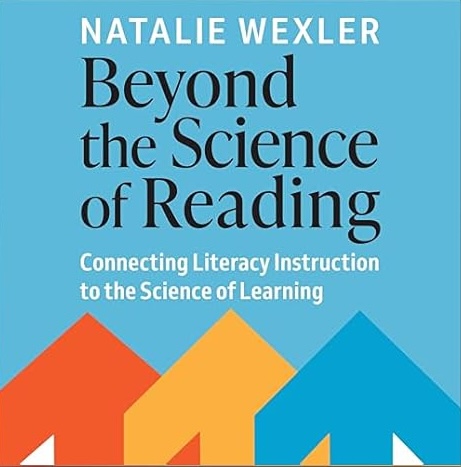
Research into the benefits of bilingualism has gotten lots of attention in recent years. For example, some scholars argue that being bilingual protects our cognitive dexterity as we age.
However, a recent study suggests a potential downside for bilinguals. Folke et. al. find that, compared to their monolingual peers, young bilingual adults have a harder time with metacognitive processing — that is, analyzing their own cognitive performance.
If further research supports this finding, then teachers and scholars will have to add this potential short-term cognitive detriment to their calculus as they consider long-term cognitive benefits.
To be clear: this research does not show that being bilingual is cognitively bad, or that bilingual education is a bad idea. Instead, it offers one potentially interesting data point for a complex discussion — a discussion that must consider benefits, detriments, and many, many unknowns.






